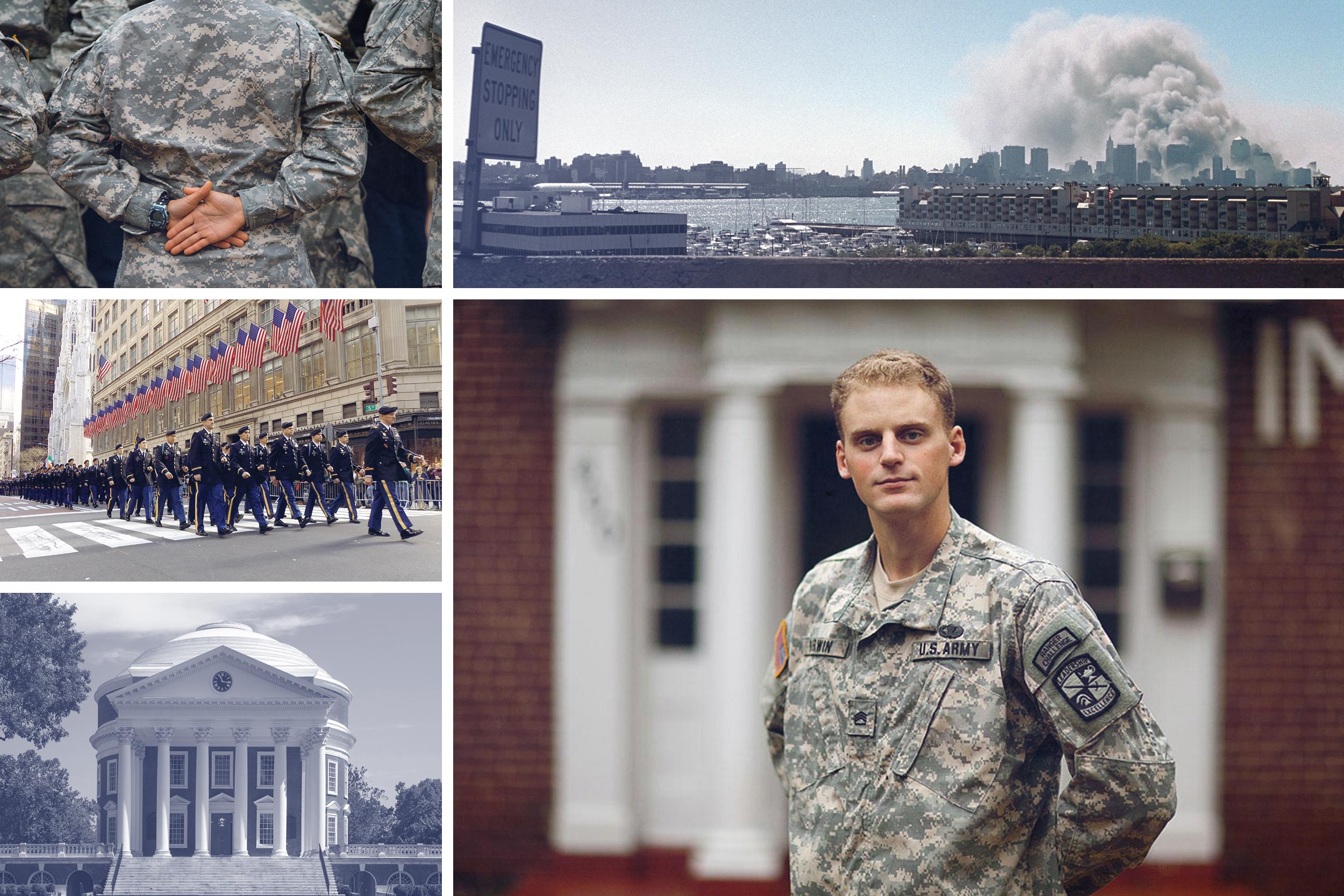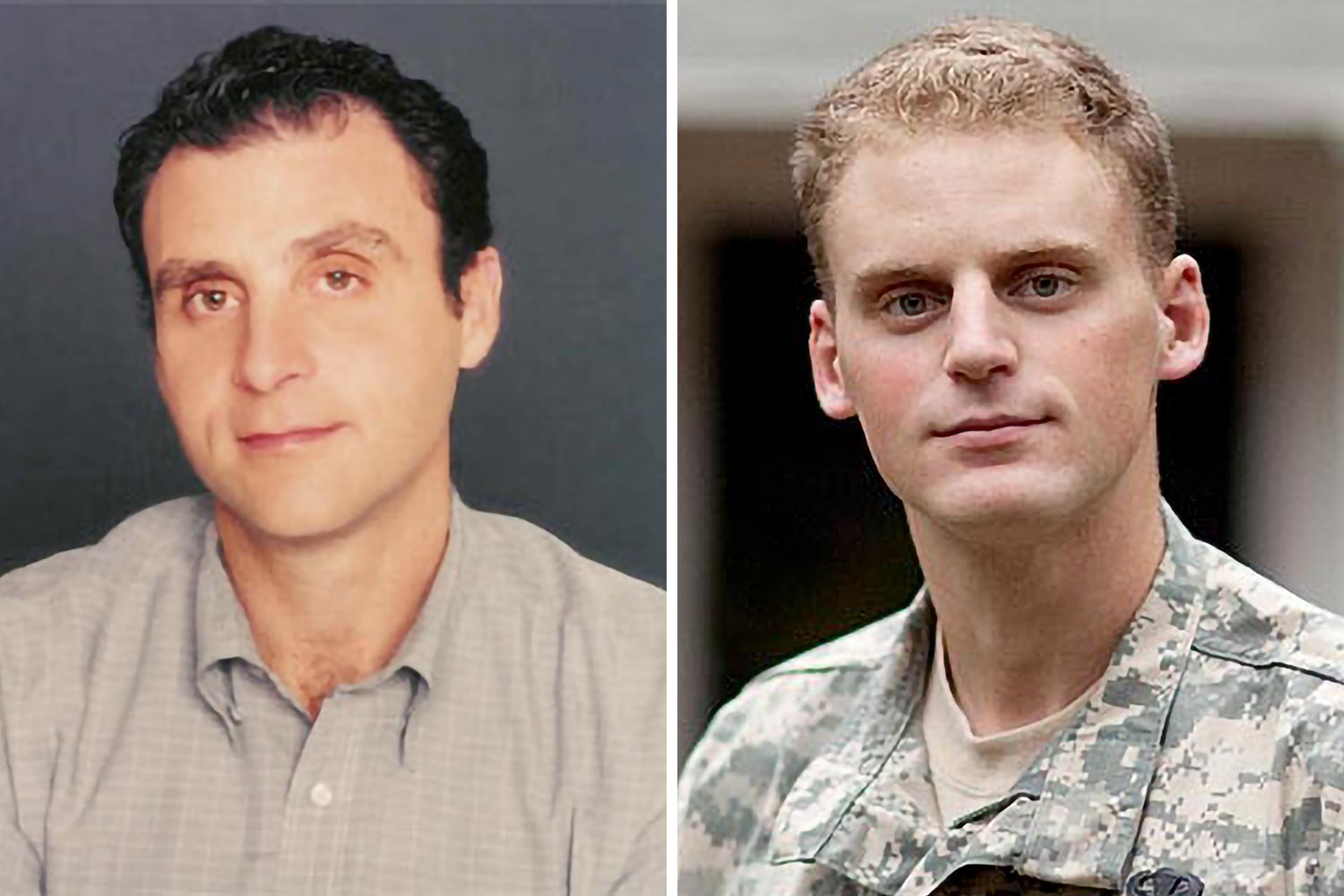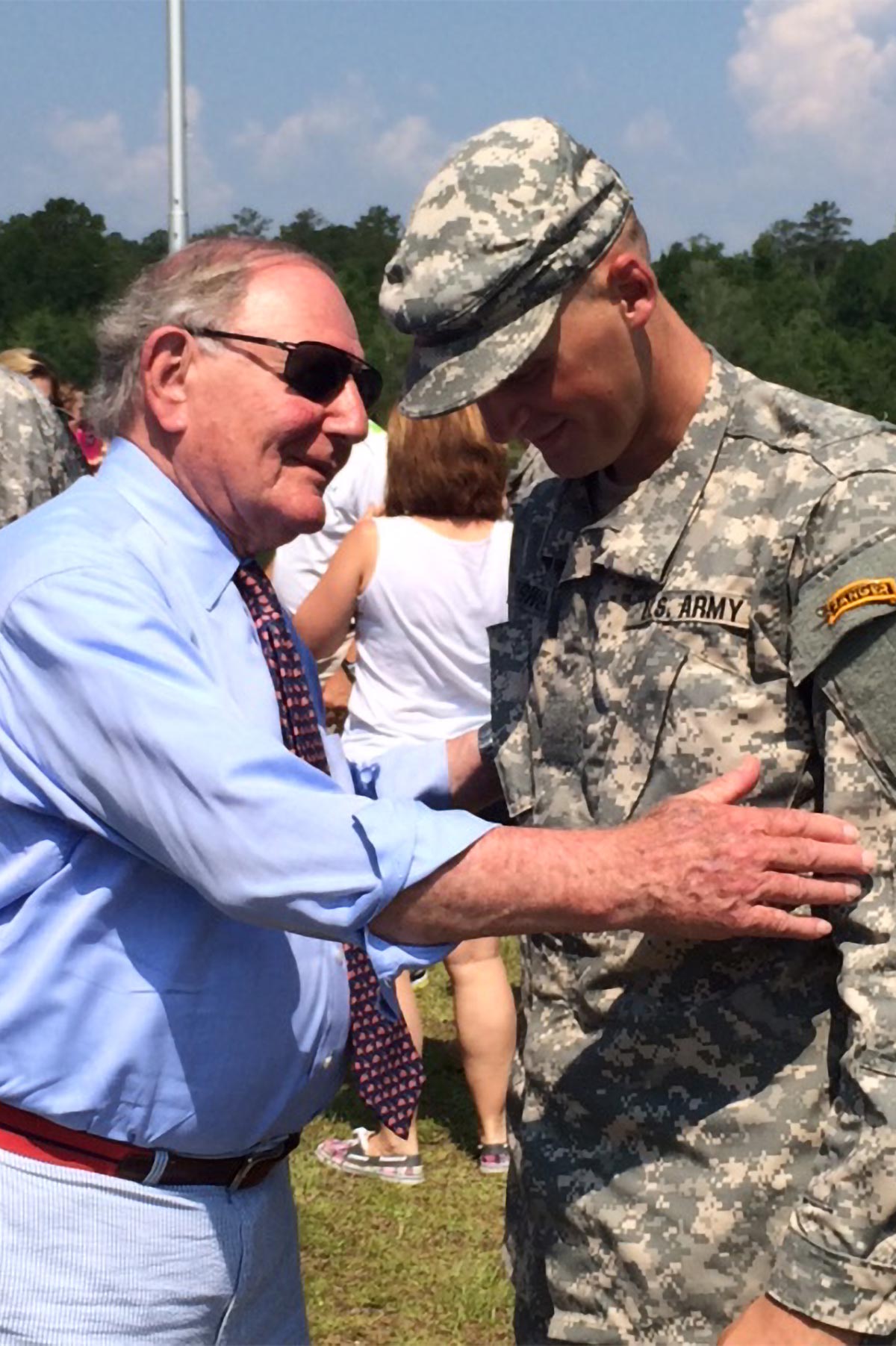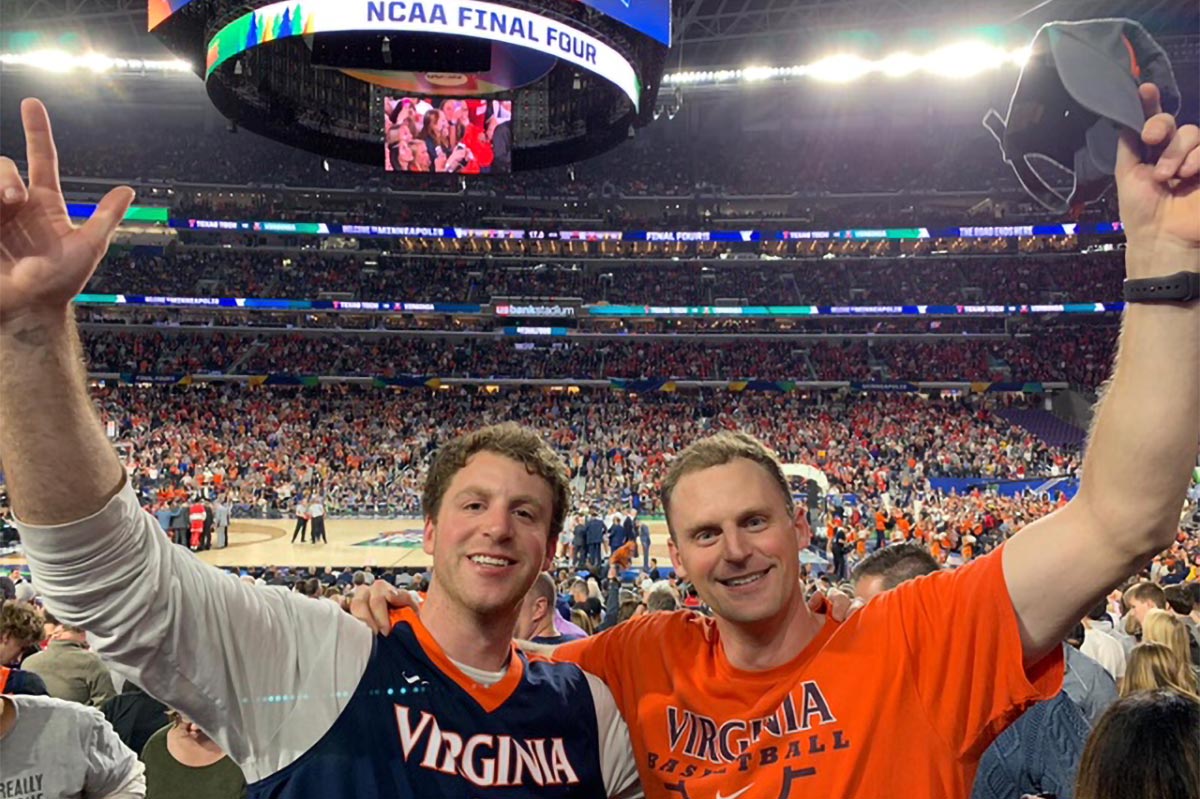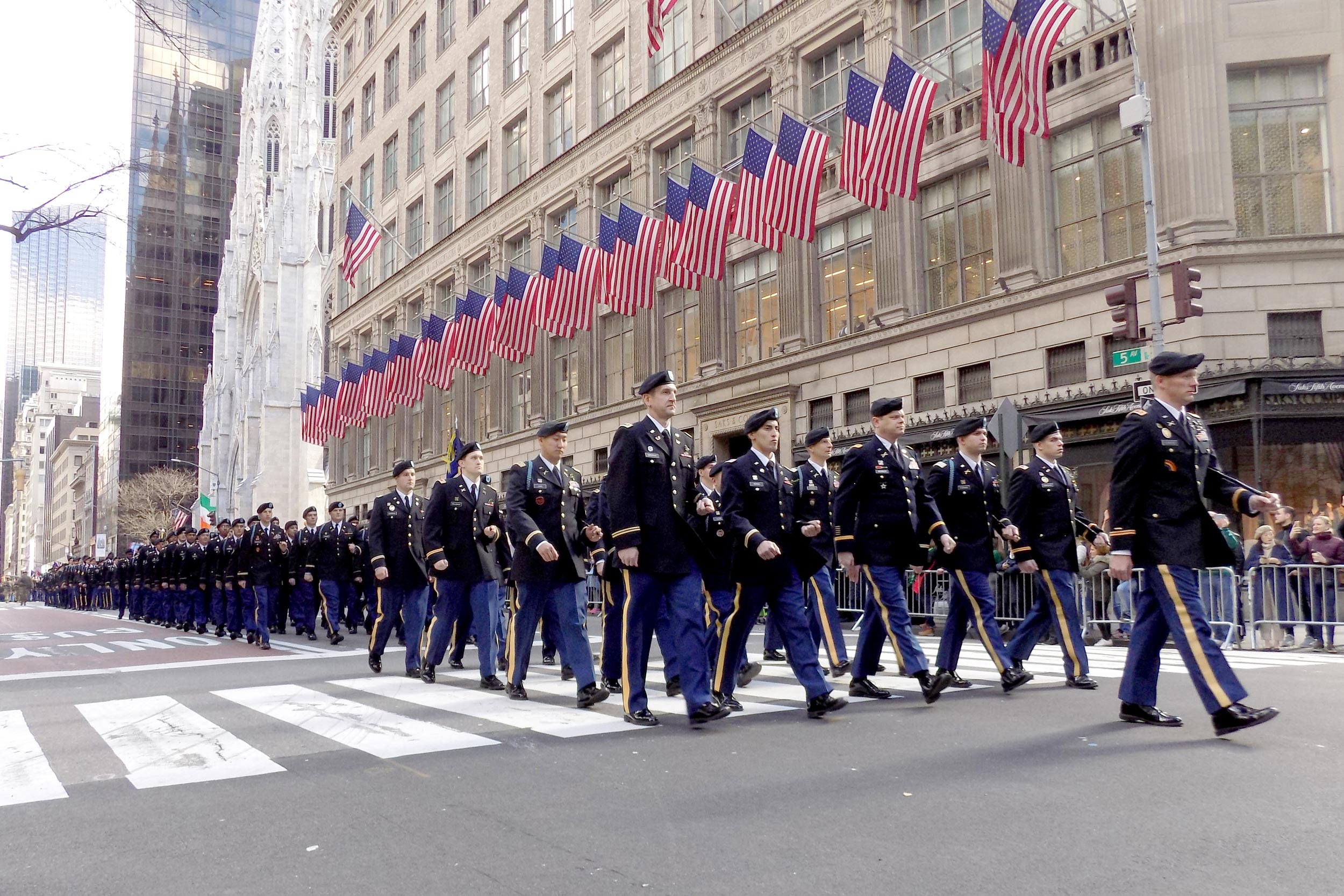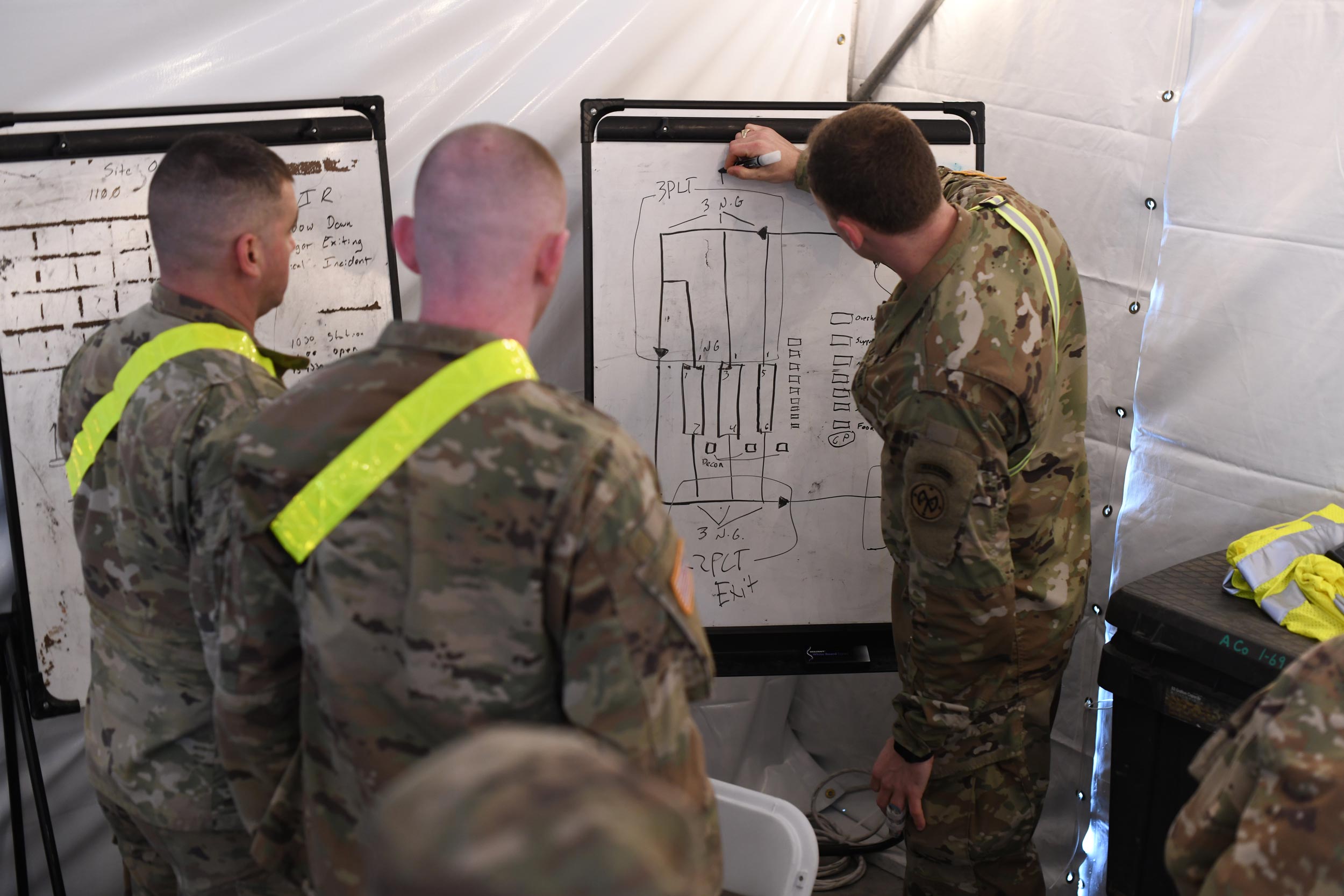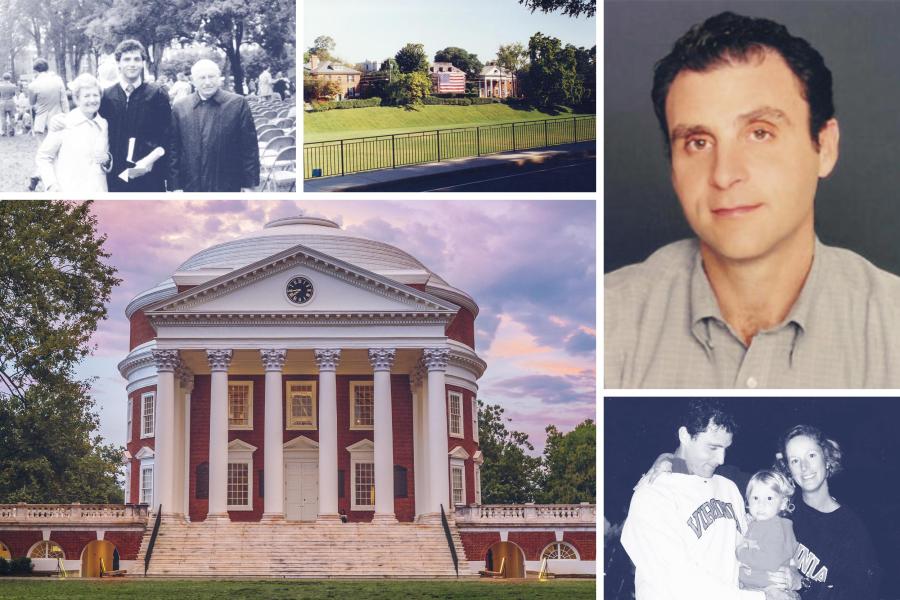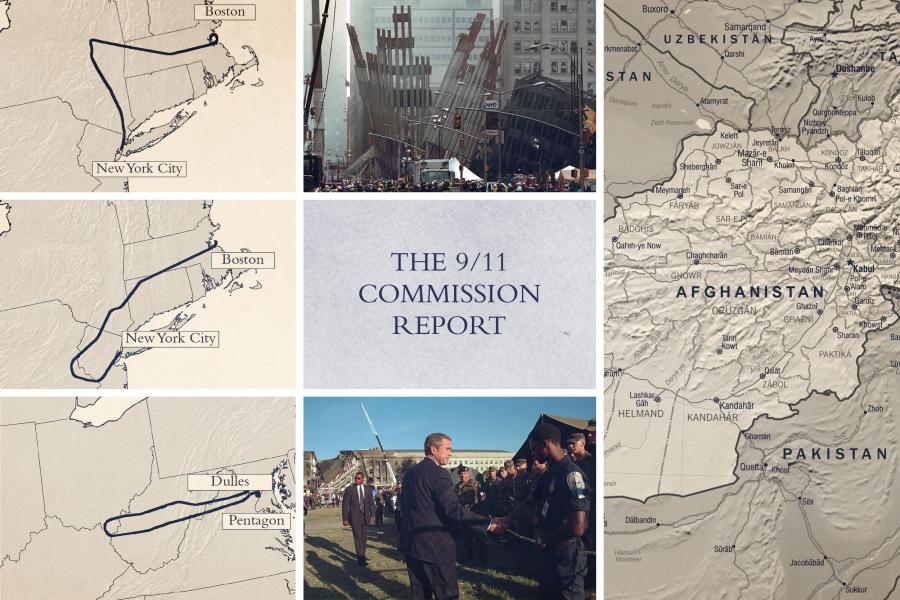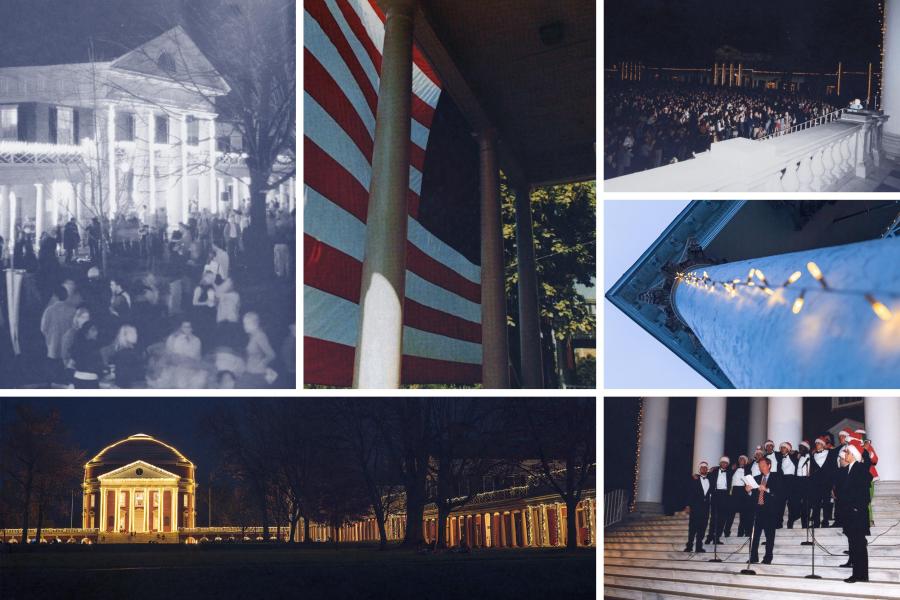Joining ROTC gave him focus.
“Joining ROTC filled a void I felt in my life and gave me a purpose that set me on the path I am on today. he said. “I was a very good Cadet, and much of what we were taught came naturally to me. I was more motivated than ever to learn, and I thought about 9/11 every step of the way.”
Kirwin joined the infantry because he wanted to make the biggest difference he could.
“The infantry are the foot soldiers on the ground,” Kirwin said. “Everyone supports the infantry – from the pilots in the air, to the logistics units supporting from the rear, because at the end of the day, ground forces win wars – and I wanted to be at the very tip of the spear, where I could have the most impact.
“I also think there is no better form of pure leadership than an infantry officer, where you have no distractions such as tanks or heavy equipment assets you need to maintain. Your only assets are those soldiers, and your success is dependent on the ability to maintain their readiness and motivate them to accomplish a mission.”
Kirwin’s choice was purposeful. He had a mission.
“I wanted to deploy,” he said. “I joined specifically so I could go to Afghanistan.”
With that focus, Kirwin graduated from UVA in 2013 as a Distinguished Military Graduate and a commissioned second lieutenant in the United States Army Infantry.
“After school, I spent one year in Fort Benning, Georgia, to continue my training and then three years at Fort Campbell, Kentucky, with the 101st Airborne Division,” he said. “Every decision I made was guided by my motivation to get to Afghanistan so I can do my part in defending our country and preventing another 9/11.”
But, as Robert Burns noted, “The best-laid schemes o’ mice an’ men/ Gang aft a-gley [Go often askew].”
“I selected the First Brigade Combat Team in the 101st that was set to deploy to Afghanistan right when I graduated Ranger School,” Kirwin said. “All the cards were lining up. But, unfortunately, when I arrived at the unit, the deployment was cancelled.
“I spent the next three years looking for opportunities to deploy, but due to circumstances beyond my control – wrong place, wrong time – it never happened.”
As his time at Fort Campbell passed, and the end of his required service time approached, Kirwin knew he had a decision to make.
“As much as I hated the thought of leaving the Army without a deployment, there was so much more I wanted to do in life outside of the Army,” he said. “I wanted to try my hand at business, be back in New York, and eventually start a family,” all part of his larger plan to follow in his father’s footsteps.
Kirwin found a compromise. Having been promoted to captain, he left the active-duty Army and transitioned to the New York Army National Guard. He joined the 69th Infantry Regiment based out of the Armory on 68 Lexington Avenue in Manhattan, the closest military base to the World Trade Center. The storied “Fighting 69th,” is responsible for providing emergency civil support to New York City and can trace its lineage back to the 1st New York Regiment of the American Revolution.
“The 69th has been associated with New York City forever, and today we’re most known for leading the St. Patrick’s Day Parade every year.” Kirwin said. “We were traditionally a unit comprised of Irish immigrants. But today, the 69th is much more of a melting pot with a wide variety of ethnicities and backgrounds that reflect the diverse culture and make-up of New York City. My unit consists of Dominicans, Asians, Muslims, Jews, bankers, cops, teachers – people from all different walks of life.”
